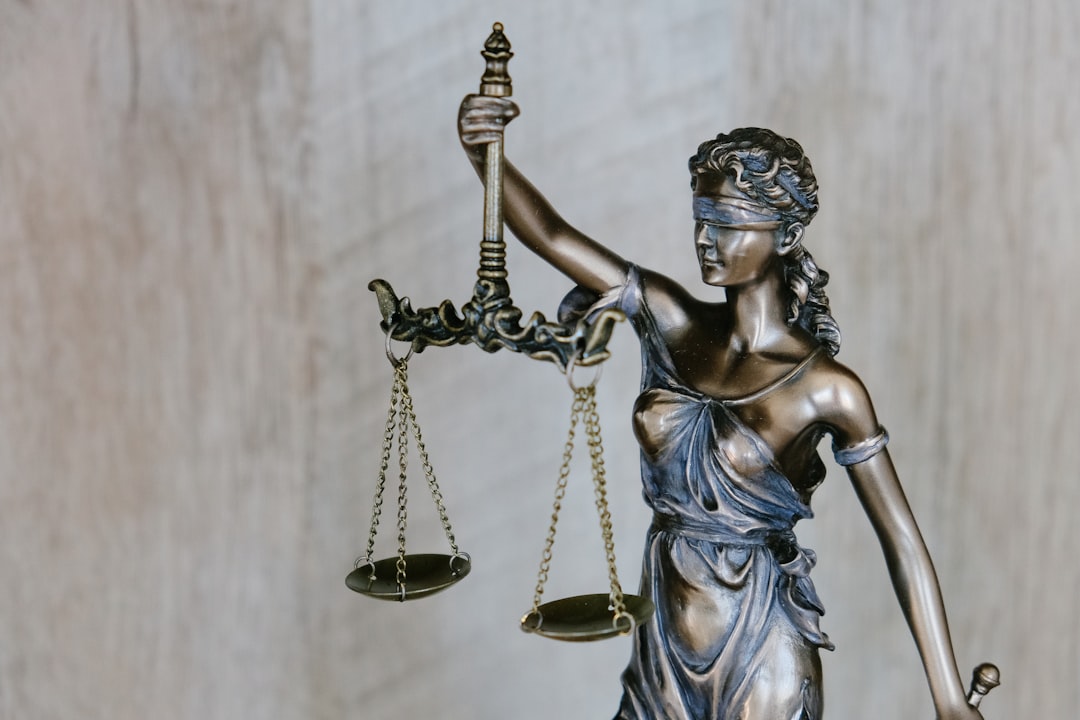After a sexual assault at a New York spa, understanding your legal rights with help from massage sexual assault lawyers NY is crucial for healing. New York state laws protect individuals from abuse in healthcare settings, and spas around Staten Island have implemented stringent safety measures, including staff training, consent guidelines, and reporting protocols. Local support networks offer safe spaces, counseling, and legal education, while specialized care from trauma-informed therapists with legal assistance empowers survivors to heal and rebuild their lives.
After a traumatic experience of sexual assault, finding solace and support is crucial. If you’re in or near Staten Island, New York, there are resources available to help you heal. This article explores your legal rights after such an incident and guides survivors towards local spas with policies prioritizing consent and safety. Additionally, it highlights the support services tailored for victims of sexual assault within the community, including the assistance provided by massage sexual assault lawyers in New York, NY.
Understanding Your Legal Rights After Sexual Assault

After experiencing a sexual assault, understanding your legal rights is a crucial step in the healing process. If the assault occurred during a visit to a spa or massage therapy session near Staten Island, New York, seeking guidance from experienced professionals is essential. Massage sexual assault lawyers in New York are well-versed in the legal system and can help survivors navigate their options. They can provide information on potential criminal charges against the perpetrators and assist with civil lawsuits for compensation.
In New York state, there are specific laws that protect individuals from sexual abuse and harassment, especially in healthcare settings like spas. Survivors have the right to seek justice, hold perpetrators accountable, and receive appropriate support. By reaching out to legal experts specialized in these cases, victims can ensure their rights are protected while they focus on their physical and emotional recovery.
Local Spas and Their Policies on Consent and Safety

Spas in the vicinity of Staten Island, New York, operate within a strict legal framework regarding consent and safety, especially in light of recent discussions around massage sexual assault cases nationwide. Many local spas have implemented robust policies to ensure customer safety, including mandatory training for staff on recognizing and responding to potential assaults. These policies often involve clear guidelines on informed consent, with each client expected to understand and agree to the services provided before any treatment begins.
Furthermore, spa management teams are increasingly collaborating with local law enforcement and medical professionals to establish swift reporting protocols in case of suspicious activities or customer complaints. The presence of these measures reflects a broader industry effort to create safe spaces for all visitors, especially vulnerable individuals seeking relaxation and rejuvenation. This focus on safety is particularly pertinent when considering the potential for exploitative situations, thus encouraging both spas and their patrons to be vigilant and proactive regarding consent and protection.
Support Services for Survivors in Staten Island, NY

Staten Island, NY, offers a range of support services for survivors of sexual assault, ensuring that those affected have access to critical resources close to home. Local non-profit organizations and community centers provide safe spaces where survivors can connect with peers, receive counseling, and learn about legal rights. These services are designed to empower individuals to heal and rebuild their lives after traumatic experiences.
For those who may need more specialized assistance, there are massage therapy centers and spas that employ therapists trained in trauma-informed care. Some spas even partner with sexual assault lawyers in New York City to offer comprehensive support packages. These establishments understand the unique needs of survivors and create nurturing environments, providing a much-needed respite from the challenges they face while also offering potential avenues for legal redress.






